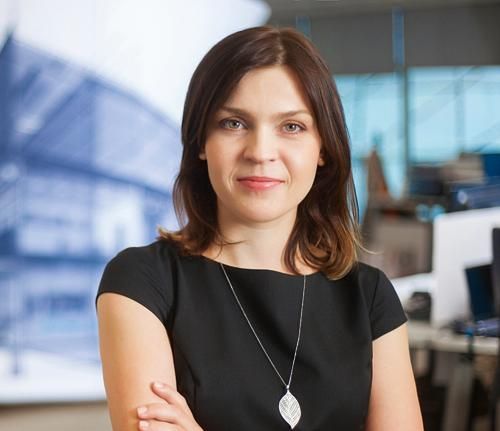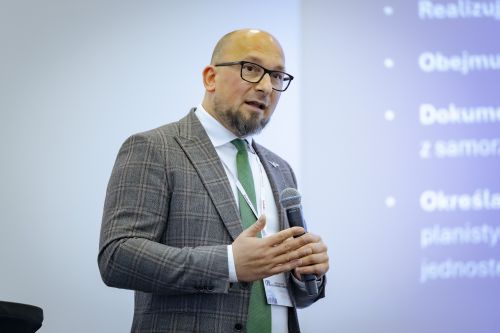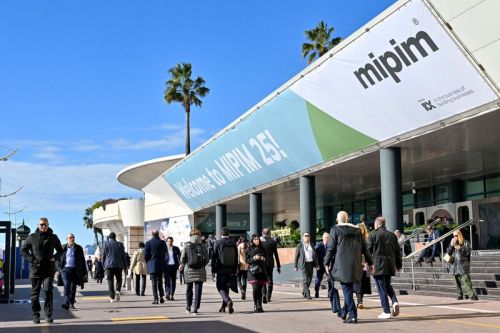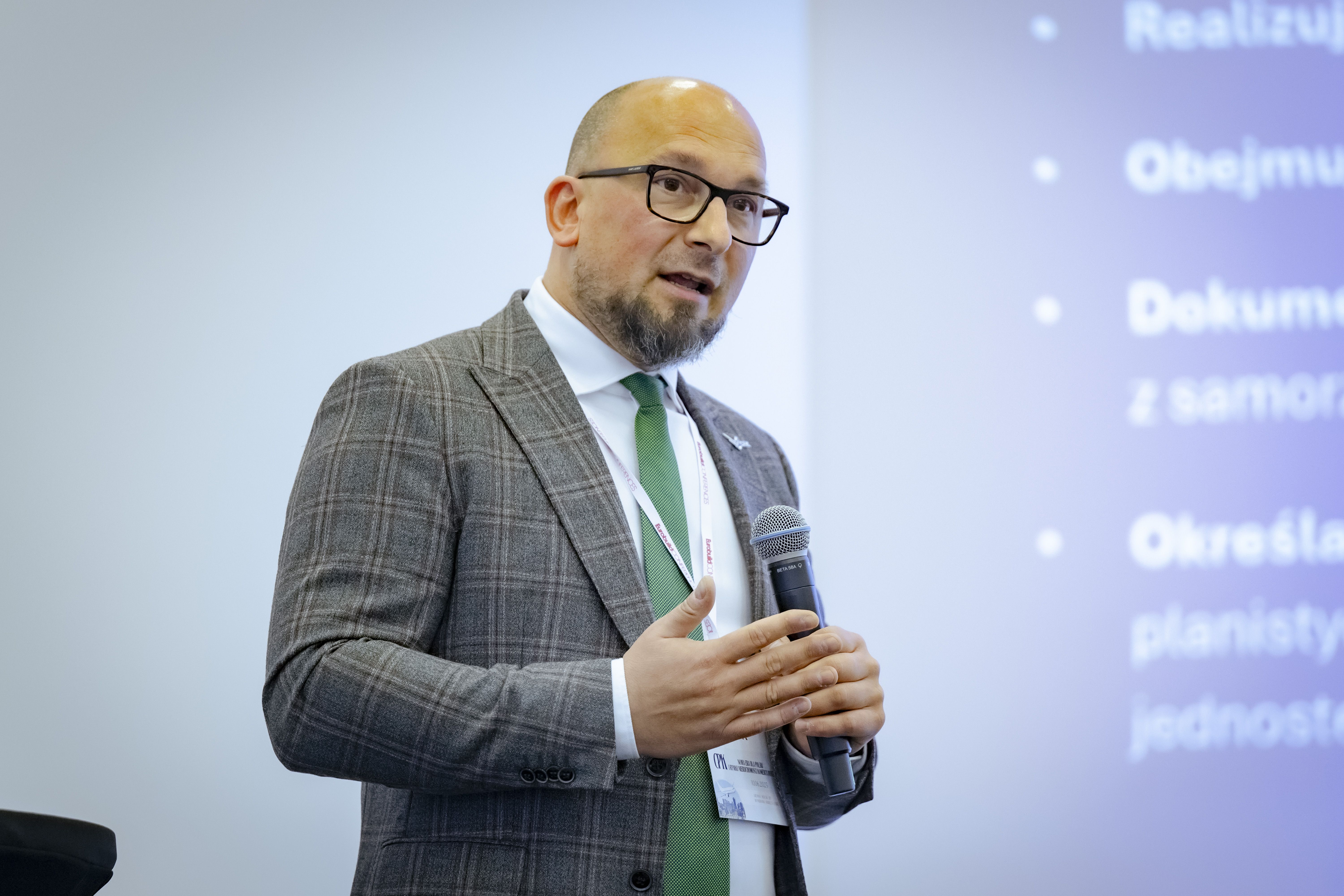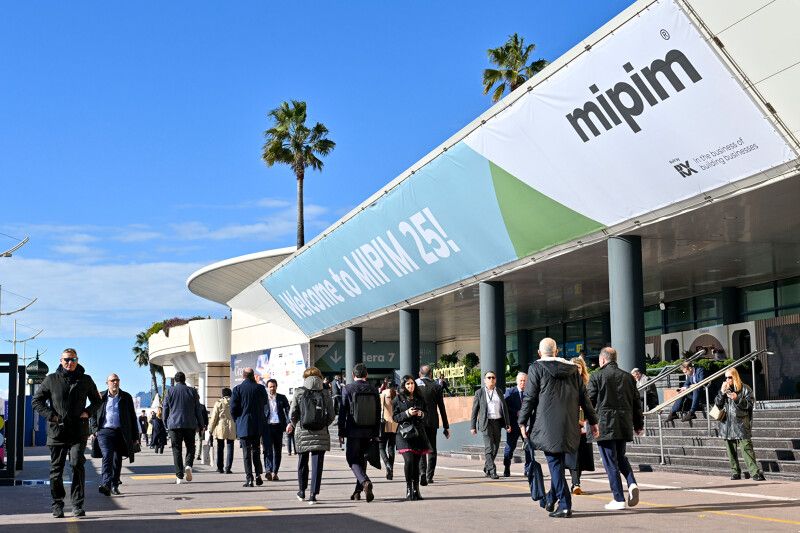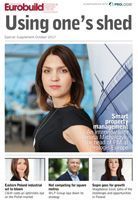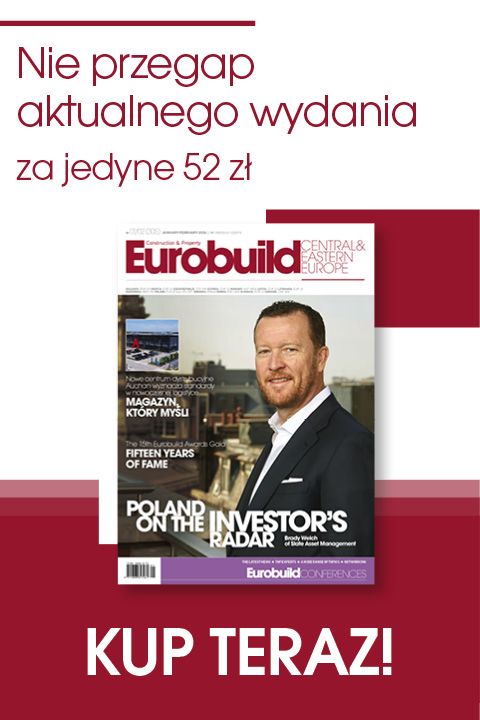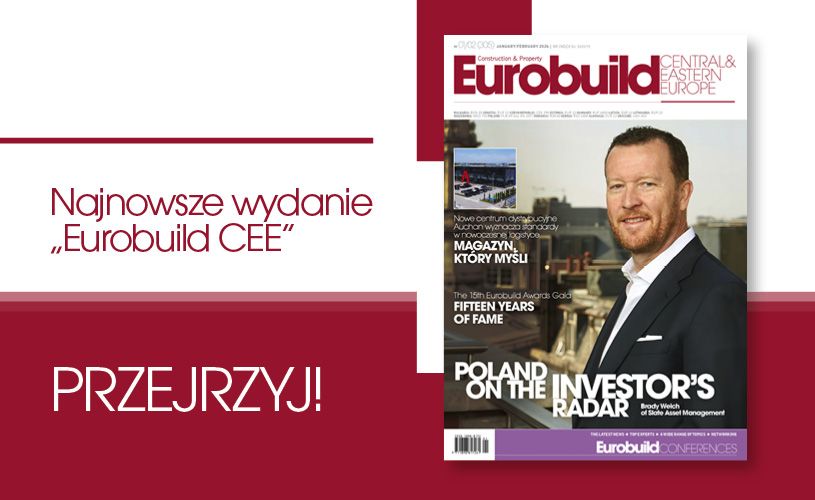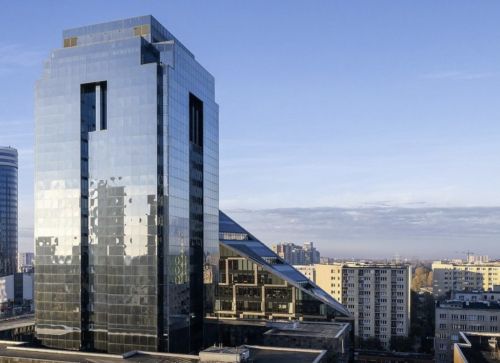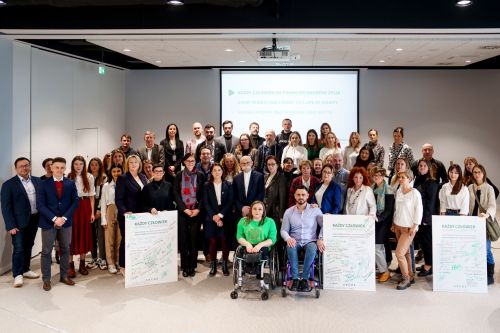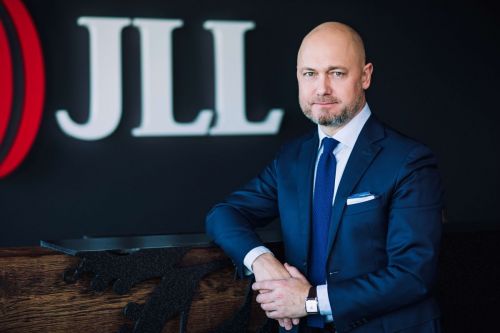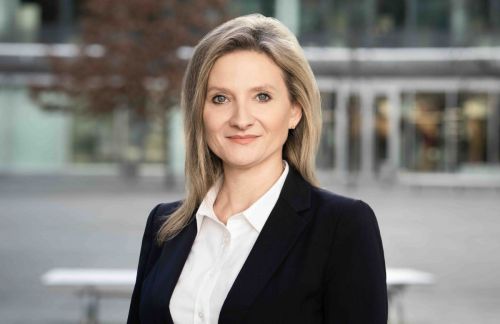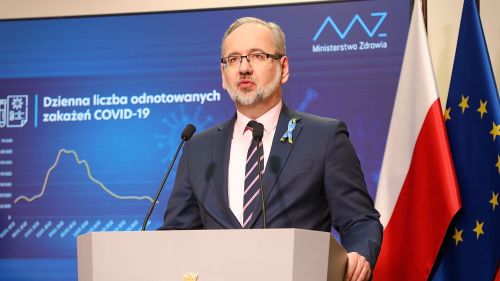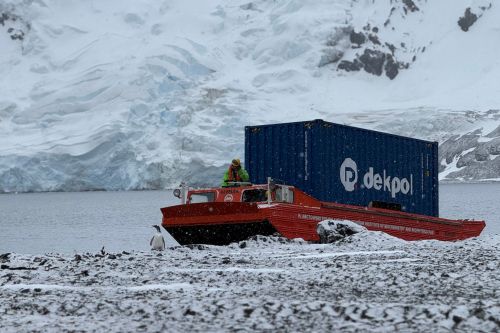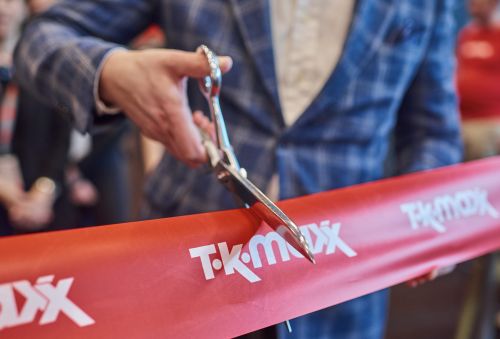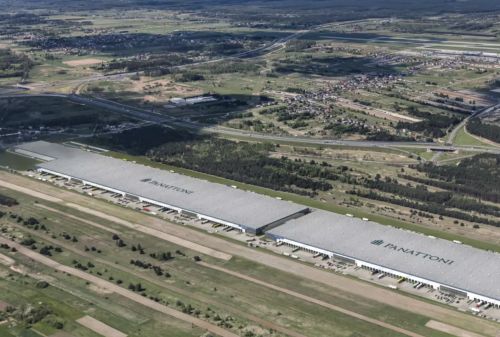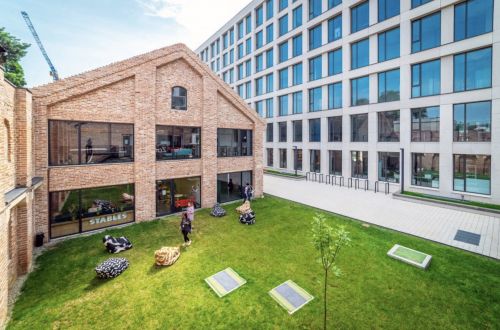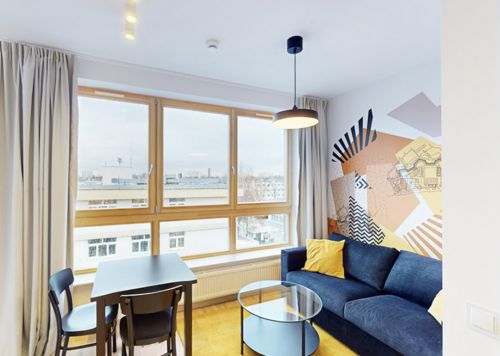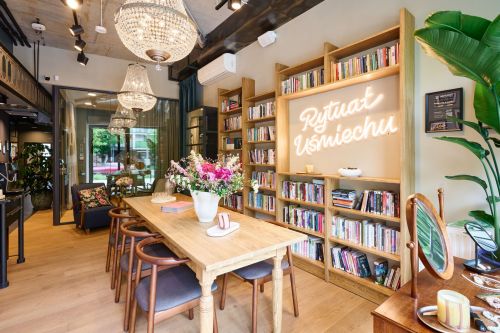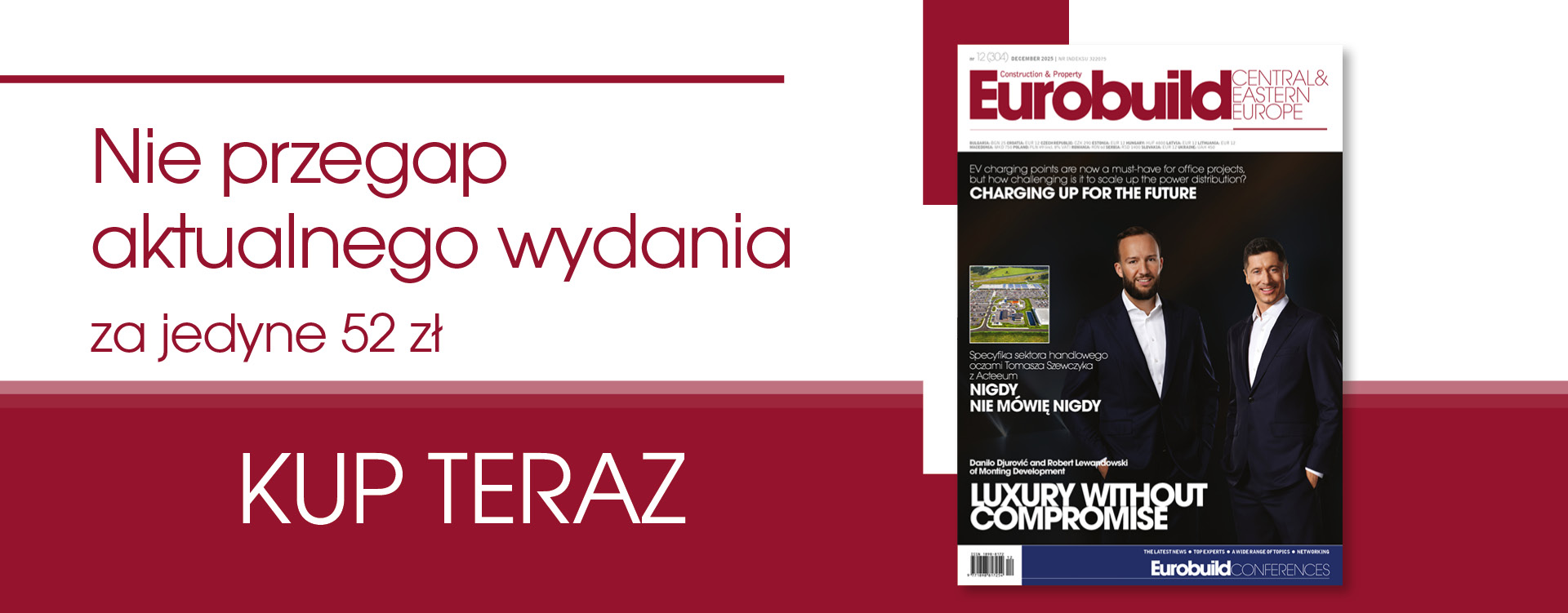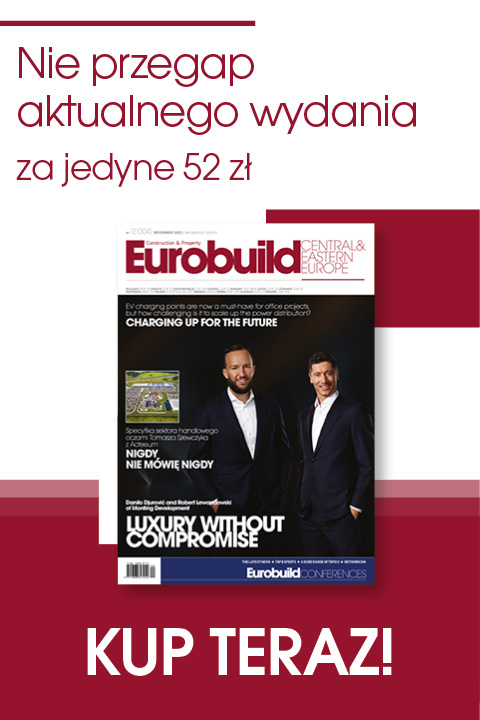Rafał Ostrowski, ‘Eurobuild Central & Eastern Europe’: Is the fact that a Polish person is now responsible for real estate management for the whole of Europe confirmation that our region is of particular importance for Prologis?
Renata Michalczyk, vice presidentand head of property management in Europe, Prologis: Our market is extremely competitive and difficult at the same time. The fact that we have had many successes in Poland has certainly been recognised across Europe. Our approach based on openness and understanding the customer’s needs works not only here but also across Europe.
How is it possible to operate effectively on such a competitive market?
Competing on the basis of prices is very difficult in this region and I think that each company must specialise. We focus on the quality of the product and customer service, that is, the management of our properties. Those customers who take out long term leases are increasingly insisting on the hig
